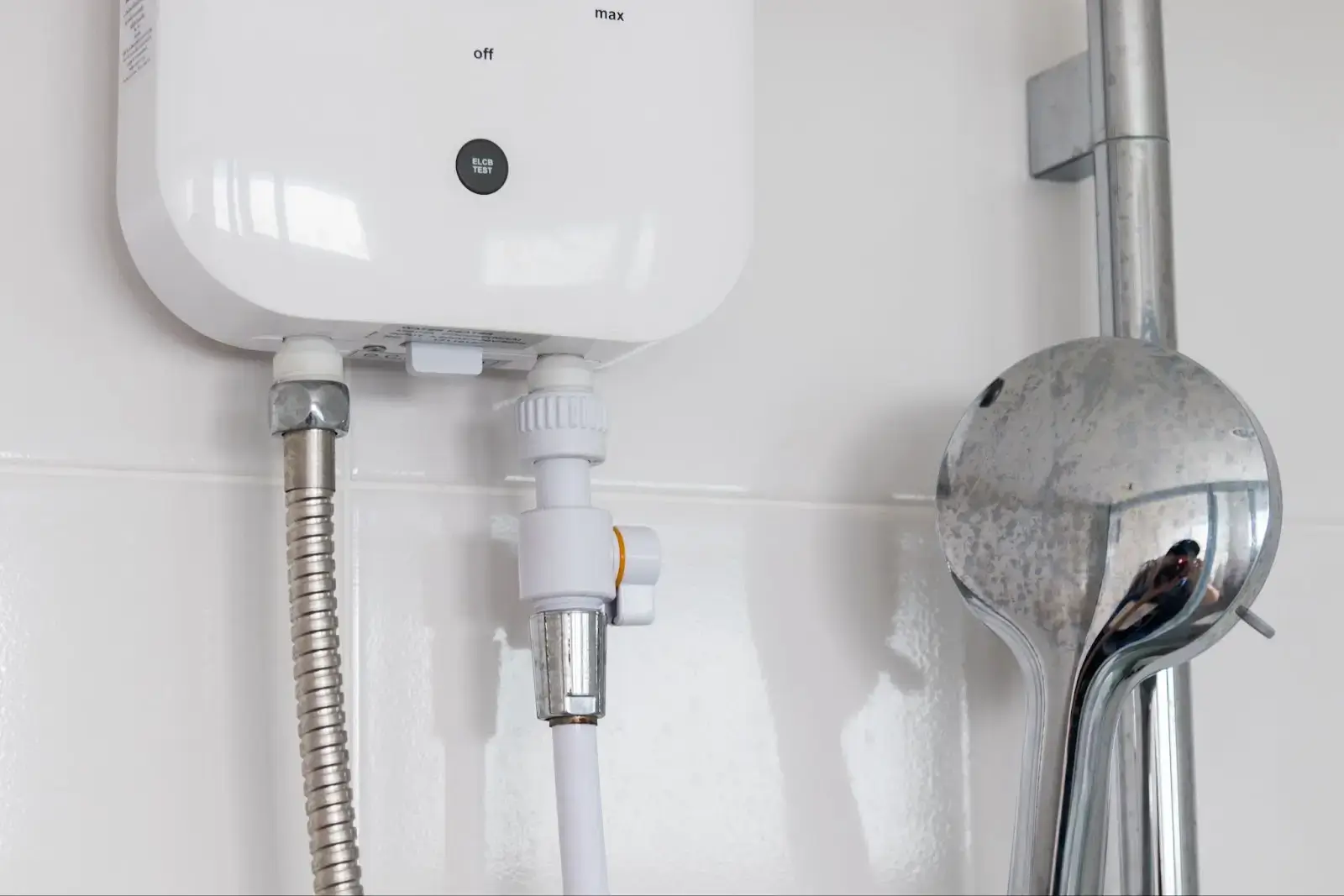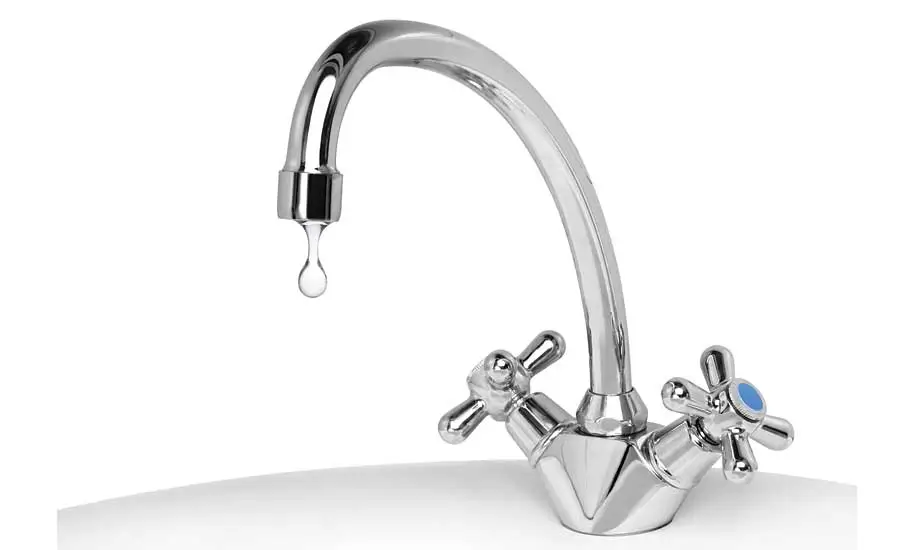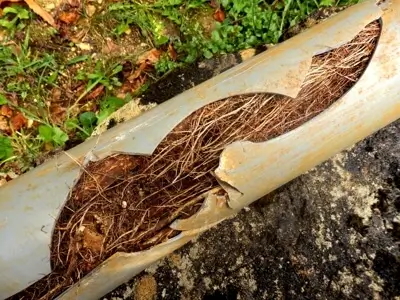Ironically, heating systems fail the most during cold weather. After all, these are the months we need heat the most.
We all know how bad the winter can get in Portland, Oregon. Calling the weather "chilly" would be quite an understatement.
Mornings are cold, afternoons are brisk, and evenings can be even worse. You need your furnace to be in good working condition to keep you warm throughout the season.
It's so cold, in fact, that heating and cooling units often experience issues. That's why you should always be prepared to handle furnace problems during extreme cold weather.
But what are these common furnace issues? What can you do to prevent them? What do you do if your heating systems aren't working properly?
Let's talk about those!
Common Furnace Problems In the Winter
Nothing is more frustrating than turning on your furnace system to warm up only to find out that it's not working!
What's wrong with it? Do you need furnace repair? Do you need to replace our whole HVAC system?
Here are some of the common furnace issues in extreme cold:
Reason #1: Blocked Ducts and Vents
Blocked ducts or vents in your heating and cooling system can cause uneven home heating.
One room might be cold, while the others are toasty and warm.
Many things can block your vents. Maybe it's pet fur, your dead skin, a year's worth of dust bunnies, and more.
So if you notice that your heating system isn't heating your house, check if your vents are blocked.
Reason #2: Frozen Pipes
The months of December, January, and February tend to be the coldest in the state of Oregon. So it should not come as a surprise when your heating system's pipes freeze over.
Yes, even though mornings and afternoons are warmer, as soon as the sun goes down, expect the temperature to drastically drop below freezing point.
Reason #3: Blocked Air Filters
A dirty filter can also cause furnace problems. It can block the airflow, keeping your house cold.
The air filters in your heating system should be regularly inspected to ensure that they can spread warm air into your home as soon as the winter season arrives.
Reason #4: Damaged Heat Pumps
High efficiency furnaces need regular maintenance to prevent performance or safety issues. If you neglect your furnace maintenance, you risk damaging your whole unit.
Due to the cold, heat pumps are known to leak, crack, and even break. The earlier you are able to detect small issues, the lower chances of furnace issues when winter comes.
We suggest scheduling your furnace repair or maintenance during the spring and at the beginning of fall.
Reason #5: Faulty Thermostat
Another issue your furnace might encounter during extreme cold weather is a failing thermostat.
Your thermostat set may be durable, but they are not indestructible.
Wires will eventually come loose, screws will start to fall off, and pieces of the thermostat control panel can chip off. If this happens, your thermostat will face more difficulty controlling the temperatures indoors.
Make sure to get your programmable thermostat inspected regularly so you don't run into trouble once the temperature drops.
Reason #6: Failing Pilot Lights
If your furnace runs on natural gas, then the pilot lights are one of the most important parts of your whole unit.
This is a small, blue flame used to ignite the natural gas that is being pumped into your furnace’s main burner.
Whenever you turn on your furnace, the natural gas is released through a valve and comes into contact with the pilot light. It is then ignited, producing heat.
Cold drafts can cause your pilot lights to flicker. When this happens, your furnace is not able to produce a consistent supply of warm air.
Check that your air vent's cover is attached properly to stop the pilot light from flickering.
One other thing that can put out your pilot lights is a blocked or faulty flame sensor. If your flame sensor is blocked or damaged, you may need to look into repairs or replacements.
Reason #7: Gas Leak
Your furnace produces carbon monoxide gasses as it ignites the natural gasses in the main valve to produce heat.
A warm house may sound fine and dandy, but a carbon monoxide leak is something you want to avoid at all costs.
If you have a natural gas furnace, air conditioning, or any appliance that uses CO2, it may be a good idea to install CO detectors. This gas is odorless and you won't notice the leak until it's too late.
There could be many reasons why you are experiencing furnace issues. You will need a professional's help to pinpoint the main causes of your furnace problems.
This is to determine whether you need repairs or a full furnace replacement.
What To Do If Your Furnace Stops Working
Now that you know the possible causes of your furnace problems, what do you do if your unit stops working?
Are there proper ways to handle a faulty furnace?
Yes and we're here to talk about those too. Here's what you do when your furnace stops working in the winter:
Check If Your Furnace Is On
We're all guilty of forgetting to switch on appliances before we use them. Sometimes, HVAC repairmen also forget to switch a unit on after routine maintenance.
So if your freshly maintained furnace is not working, it can be a good idea to check if your unit was switched back on.
Most furnaces have a basic power switch. Simply check if the standard wall switch is in the "ON" position. If it is and it's still not working, check your circuit breaker or fuse if those were turned off too.
Lastly, check if your blower motor's cover is attached properly. If you check under it, you will find a push-in switch that you need to press down to turn on your furnace.
Check the Filters
Is your furnace struggling to heat your space? Check your air filter for dust or dirt buildups.
Dirty air filters are some of the main culprits that prevent furnaces and air conditioning units from working overtime. To prevent blocked filters, switch out your filters every three months.
Check Your Air Ducts
Are there any cold spots in your home? No, this is not a prelude to a horror story. Having uneven temperatures in your home can mean that your furnace is not working correctly.
If the temperatures in your home are uneven, check your ducts.
Your ducts need to be fully open in order to properly distribute heat into your space. If your ducts are closed, look for the dampers - these are handles that protrude from the ducts - and open them to let out the warm air.
Are the temperatures in your rooms still uneven? Then it could mean that you have leaking ducts.
To check for leaks, check the accessible ducts and look for gaps between each section. If there is, you can use a special metal duct tape to close it up.
Ignoring these leaks can balloon your electricity bill. So, to conserve energy, we encourage you to temporarily block the cracks.
Once you have these cracks blocked, call up your local HVAC professionals to get your ducts repaired.
Check Your Thermostat
Finally, check your thermostat. This part of your furnace is the “brain” of your furnace system. It tells your furnace if it’s time to produce heat or cool air. It also shuts off your furnace right as it approaches your ideal temperature.
To troubleshoot your thermostat, set it from "cool" to "heat". Now, set it to 5 degrees above room temperature and see if the unit starts releasing heat.
If that doesn't work, it can mean that your thermostat needs new batteries. All you have to do is replace the batteries.
It is recommended to change your thermostat's batteries annually. This ensures that your unit is ready to warm up your space as soon as the temperatures drop.
It is understandable that you would feel worried when your furnace stops working, especially during cold seasons.
Luckily, a faulty furnace doesn't immediately mean that you need to pay for a new furnace installation. Your unit might just need a bit of upkeep from HVAC professionals.
Maintaining a Healthy Furnace
The best way to ensure that your furnace still works even in extremely cold weather is to keep it well-maintained throughout the year.
As the owner, it is your responsibility to do routine check-ups of your furnace before the winter season.
Furnace parts like the vents and air filters need to be clean to avoid blockages, thermostat batteries need annual replacement, and the internal wirings need to be checked and maintained by professionals.
Ignoring your furnace's maintenance needs can lead to many headaches once winter comes.
Your Helpful HVAC Professionals
When it comes to your heating systems, you shouldn't settle for unreliable services. It is also highly discouraged that you DIY your own HVAC maintenance without the proper know-how.
If you spot any cracks or gaps in your furnace, make sure to call professional HVAC technicians. Do not attempt to fix your furnace yourself.
There are many reliable HVAC service providers in the city of Portland, Oregon. So you don't need to look far and wide just to find a good furnace deal.
Check out what Sunset Heating & Cooling Electrical has in store for your furnace's needs. Our services cover maintenance, repairs, and even replacements for furnaces and air conditioning units.
Reach our team at (503) 500-5866
Never worry about the damage extreme cold can cause your furnace. Let our HVAC experts handle your heating system's care.







